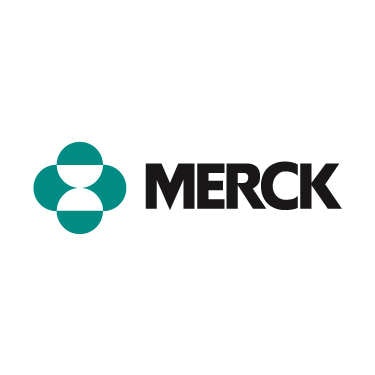Move over, Superman: There’s a more unstoppable force that can leap even the highest expectations, and its name is the Dow Jones Industrial Average. America’s most iconic stock market index comprising 30 of its most globally diverse companies is up an astonishing 16.4% year to date and hasn’t seen a down month since October.
Plenty of factors are working in the Dow’s favor, such as record-low lending rates that are spurring business lending and home purchases, as well as an improving unemployment rate and slow-but-steady growth in the manufacturing sector.
While your initial thought might be that this rally is long overdue for a correction, short-sellers have wisely avoided certain companies within the Dow Jones Industrial Average. Today I propose we look at these so-called most-loved stocks of the Dow, discover what makes them so universally shunned by short-sellers, and determine whether current shareholders have anything to worry about.
| Company | Short Interest As a % of Shares Outstanding |
|---|---|
| Merck (NYSE:MRK) | 0.76% |
| Coca-Cola (NYSE:KO) | 0.77% |
| Pfizer (NYSE:PFE) | 0.78% |
| United Technologies (NYSE:UTX) | 0.80% |
| Wal-Mart | 0.82% |
Source: S&P Capital IQ.
Merck & Co., Inc. (NYSE:MRK)
Why are short-sellers avoiding Merck & Co., Inc. (NYSE:MRK)?
Merck & Co., Inc. (NYSE:MRK) jumped to the top of the least short-sold list after not even appearing on it last month likely because of its strong clinical data reported at the American Society of Clinical Oncology’s annual meeting. A new class of immunotherapy drugs known as PD-1 inhibitors are the hottest thing in the biotech sector, and Merck & Co., Inc. (NYSE:MRK)’s Lambrolizumab delivered an impressive 38% overall response rate in early-stage results for advanced melanoma. With patent expirations not stinging its bottom line as much as expected, Merck & Co., Inc. (NYSE:MRK) is certainly wowing existing shareholders.
Do investors have a reason to worry?
There is no such thing as a reason not to worry when it comes to owning a pharmaceutical company, because patent protection periods are for only a finite period of time. Luckily for Merck, it has fracture-preventing osteoporosis drug Odanacatib slated to be filed for new drug approval next year, and it has the potential to deliver up to $3 billion in sales, according to the Street’s estimates. Although growth prospects might be tempered over the coming years for Merck, it’ll still deliver strong cash flow and a solid dividend, which doesn’t make it a particularly convincing short-sale candidate.
The Coca-Cola Company (NYSE:KO)
Why are short-sellers avoiding The Coca-Cola Company (NYSE:KO)?
I’m still trying to figure out how The Coca-Cola Company (NYSE:KO) got bumped from its top spot this month, or any other month for that matter. The Coca-Cola Company (NYSE:KO) operates in all but two countries worldwide, giving it what is essentially unparalleled geographic diversity. The company offers everything from high-growth energy drinks to slow-but-steady brand-name growth with its traditional sparkling beverage lines. It’s no wonder that research firm Interbrand anointed The Coca-Cola Company (NYSE:KO) as its most valuable brand in the world for 2013.

Source: KB35, Flickr.
Do investors have a reason to worry?
Only if they’re planning to try to make a quick buck on Coca-Cola over the short term. Of course, no stock is going to go up forever, and even Coca-Cola could run into slower growth in developed regions such as Western Europe and the U.S. in the short run. However, there’s still a moat of opportunity in emerging-market nations for Coca-Cola to grow, and it boasts incredible pricing power over its peers. Simply put, with 51 straight annual dividend increases under its belt, why would you ever bet against Coca-Cola?
Pfizer Inc. (NYSE:PFE)
Why are short-sellers avoiding Pfizer?
Just as we saw with Merck, big pharmaceutical companies often provide big dividends, huge margins, and steady cash flow, which make them poor short-sale candidates. Short-sellers have even less reason to bet against Pfizer Inc. (NYSE:PFE), with blood-thinning drug Eliquis, which is co-developed with Bristol Myers Squibb Co. (NYSE:BMY), being approved by the Food and Drug Administration in late December. Eliquis has multibillion-dollar potential.





